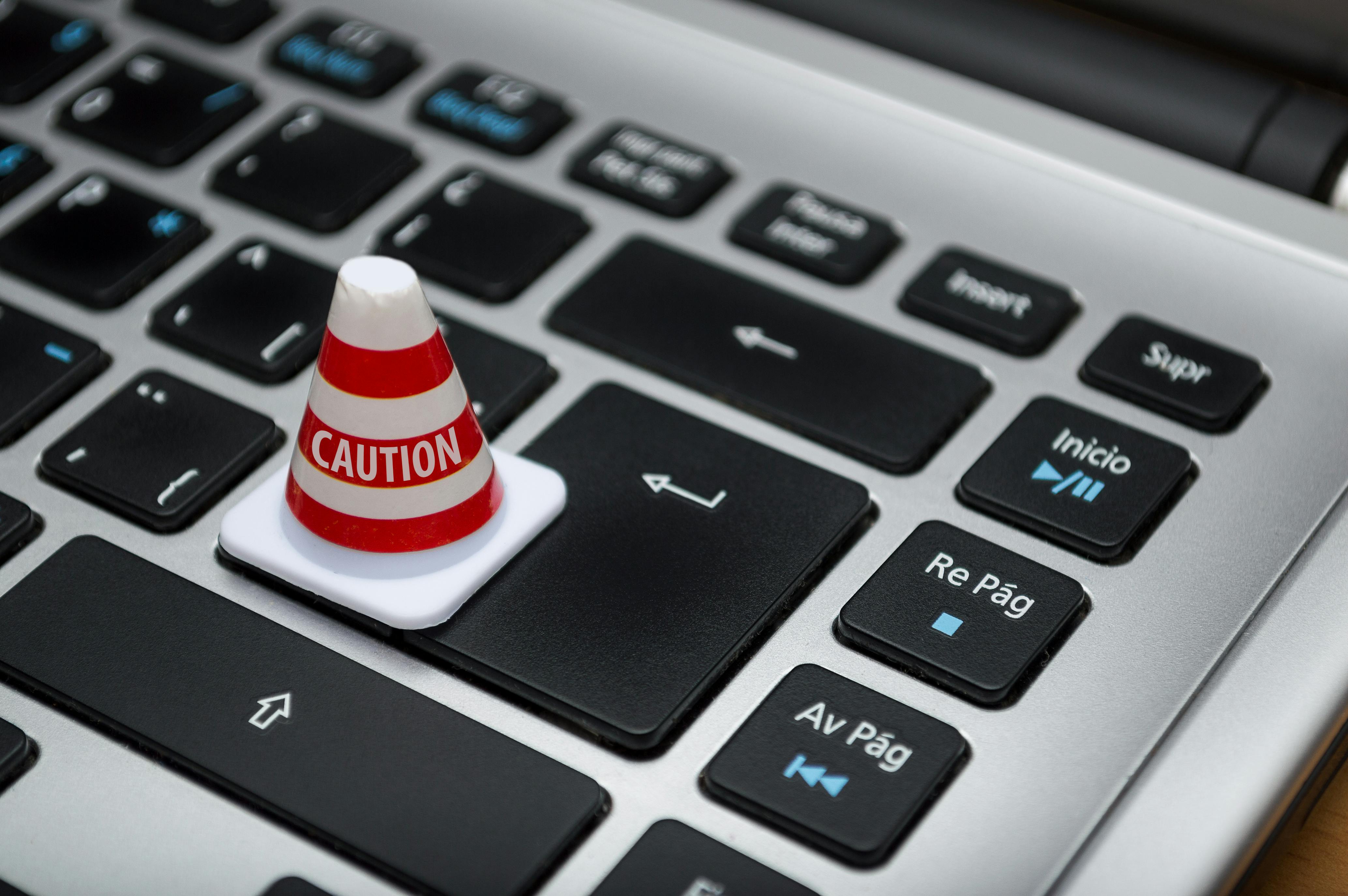 |
| Photo by Fernando Arcos from Pexels |
Understanding the Data Privacy Act of 2012: A Legal Guide for Digital Protection
The Data Privacy Act of 2012 (Republic Act No. 10173) is a landmark legislation that aims to safeguard personal information amid the rapid advancement of digital technologies. With data breaches and privacy concerns becoming more prevalent, this law ensures that individuals' sensitive information is protected while still allowing responsible data sharing for economic and technological growth.
Key Objectives of the Data Privacy Act
The law was enacted to:
✔ Protect the privacy rights of individuals when their data is collected and stored by government agencies and private entities. ✔ Regulate the collection, processing, and usage of personal data to prevent unauthorized access, misuse, and data breaches. ✔ Ensure transparency and accountability among organizations handling personal information. ✔ Create the National Privacy Commission (NPC)—the agency responsible for overseeing compliance with the Data Privacy Act.
Scope and Applicability
📌 Who Does the Law Protect?
All Filipino citizens and residents whose personal data is processed, whether inside or outside the Philippines.
📌 Who Must Comply?
Government agencies and private sector entities that collect, store, and process personal information, such as banks, hospitals, schools, e-commerce platforms, and social media sites.
Any business or entity with operations in the Philippines, even if their headquarters are abroad.
📌 Extraterritorial Application
The law extends outside the country if an entity collects or processes personal information about Philippine residents or operates businesses linked to the country.
Key Provisions of the Data Privacy Act
1️⃣ Personal Data Collection and Processing
Organizations must only collect data for legitimate purposes and ensure it is processed fairly and lawfully.
Data collected should be adequate, relevant, and limited to what is necessary.
2️⃣ Rights of Individuals (Data Subjects)
Right to access personal data and request corrections.
Right to be informed of how their data will be used.
Right to object to data processing if it causes harm.
Right to recover damages if their data is misused.
3️⃣ Responsibilities of Data Controllers and Processors
Companies must secure personal information from breaches and unauthorized access.
They must ensure consent before collecting personal data.
They must notify individuals in case of data leaks or security incidents.
4️⃣ Penalties for Violations
Unauthorized access, disclosure, or misuse of personal data can lead to fines up to ₱5 million and imprisonment of up to six years.
Constitutional Basis of Data Protection
🔹 The Philippine Constitution (Article III, Section 3) guarantees the privacy of communication and correspondence. 🔹 The government has the responsibility to prevent data misuse and protect individual privacy rights.
Conclusion
The Data Privacy Act of 2012 serves as a crucial safeguard against the growing threats of data breaches, identity theft, and unauthorized surveillance. With the rise of digital transactions and online interactions, individuals must stay aware of their privacy rights, while businesses and government agencies must ensure compliance to build trust and security in the digital landscape.
📌 For the full text of the law and detailed regulations, visit .